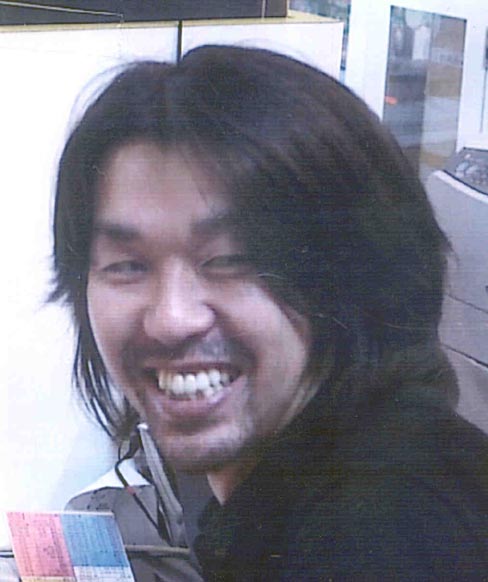Southern California law enforcement leaders gathered to tout the importance of DNA analysis in crime fighting at the 5th Annual DNA Awareness Week symposium. The daylong conference, held at California State University, Los Angeles (CSULA) on Sept. 14, drew more than 500 attendees, including police officers, deputies, prosecutors, and physicians.
Though some 400,000 DNA samples have been collected from convicted felons since the inception of the all-felon database, one of the most serious issues the criminal justice system faces is a backlog of 300,000 unprocessed samples. The structural backlog is attributed, in part, to critical staffing shortages at the Richmond California Department of Justice Lab in Sacramento.
"DNA is a phenomenal tool to reduce the number of murders and sexual assaults that occur, but there remains a lack of funding," said Chief Bratton.
The DNA database offers law enforcement personnel an opportunity to exonerate individuals, solve old cases, and prevent the commission of new crimes by repeat and serial offenders.
With so many offenders yet to be entered into the database, however, law enforcement officials contend that crimes are going unsolved and criminals—who could be behind bars—remain at large. While major cities, such as Los Angeles, have their own crime labs, smaller cities rely heavily on the Richmond lab.
"In Los Angeles, 46 out of every 100 murderers, and 80 out of every 100 rapists, are never brought to justice," Chief Bratton said. "As a result, the lives of innocent citizens are exposed to untold suffering, witnesses are intimidated, victims and families feel forgotten, and offenders believe they are immune to justice."
Los Angeles County Sheriff Lee Baca and Los Angeles County District Attorney Steve Cooley concurred with the Chief, urging the governor and state lawmakers to address this public safety matter.
The Los Angeles Police Department’s (LAPD) Cold Case Homicide Unit attests to the crime fighting potential of DNA analysis. Since the unit’s inception in 2001, DNA is responsible for the solving of 27 homicides. More than 20 of those homicides were solved as a result of "cold hits," or database matches, in the FBI’s Combined DNA Index. The index, known as CODIS, contains DNA information collected from convicted felons and offenders arrested for rape or murder.
As a result of DNA "cold hits," the unit has 19 cases in the prosecution stage. DNA has also forensically identified five serial murder cases comprising a total of 20 victims where the perpetrators’ identities remain unknown.
In the Los Angeles region, law enforcement leaders remain optimistic as they await the 2007 opening of the Los Angeles Regional Crime Laboratory at CSULA. This state-of-the art facility will offer investigators sophisticated equipment to handle the backlog of DNA samples taken from prisoners.
The lab, a collaboration between the Los Angeles Police Department and the Los Angeles County Sheriff’s Department, will enable both agencies to work in concert and share vital information. It will also expand DNA services for cold case investigations, provide faster turnaround in obtaining results, and eventually expand into solving property-related crimes.
In 2004, California voters passed Proposition 69, the "DNA Fingerprint, Unsolved Crime and Innocence Protection Act," to expand and modify state law regarding the collection and use of criminal offender DNA samples.






Recent Comments